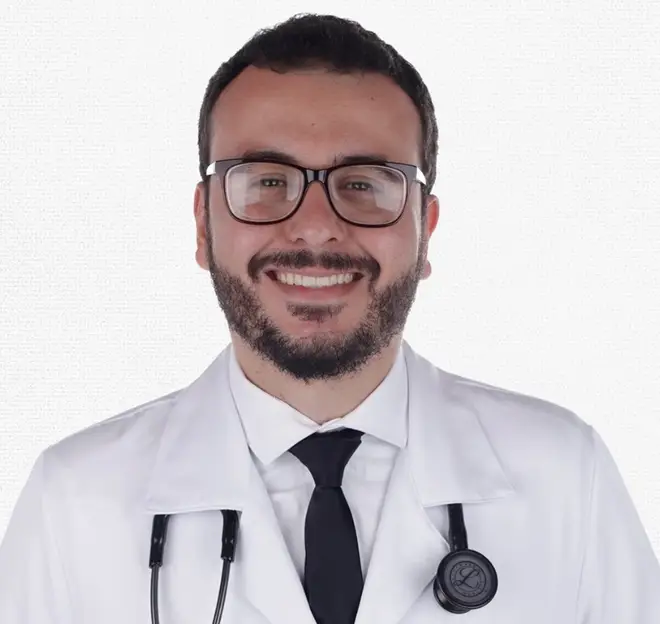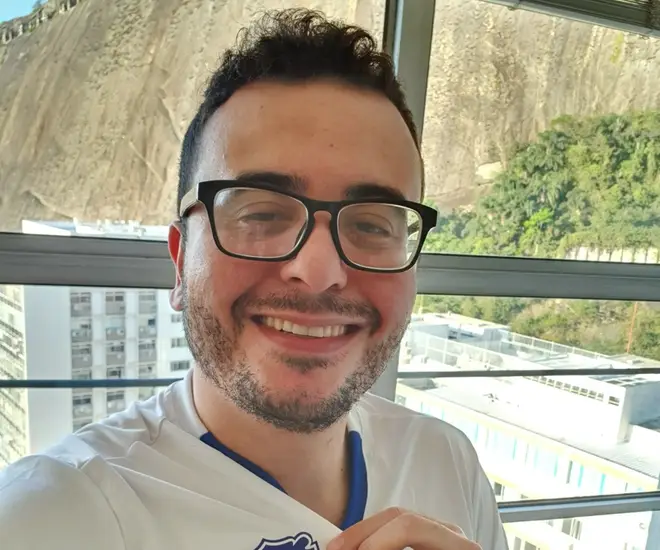
Ian Payne 4am - 7am
22 October 2020, 08:40 | Updated: 22 October 2020, 09:25

A volunteer taking part in the Oxford University and AstraZeneca clinical trial of the Covid-19 vaccine in Brazil has died from coronavirus.
Dr João Pedro Feitosa passed away following complications from the coronavirus while taking part in the tests. It is understood he was given a placebo and was in the vaccine's control group.
Local media said Dr Feitosa was a 28-year-old Brazilian national who lived in Rio de Janeiro.
It is thought that the doctor had not been injected with the vaccine itself, but was given a benign placebo as part of the trials.
Brazilian health authority Anvisa said testing of the vaccine would continue after the man's death.
An AstraZeneca spokesperson: "We cannot comment on individual cases in an ongoing trial of the Oxford vaccine as we adhere strictly to medical confidentiality and clinical trial regulations, but we can confirm that all required review processes have been followed.
"All significant medical events are carefully assessed by trial investigators, an independent safety monitoring committee and the regulatory authorities.
"These assessments have not led to any concerns about continuation of the ongoing study."

If the rest of the trials are successful and the vaccine is signed off as safe, it will be rolled out to millions in the UK by spring 2021.
Last week, the UK's deputy chief medical officer Jonathan Van-Tam said the NHS was preparing to launch the AstraZeneca vaccine shortly after Christmas.
Prof Van-Tam told MPs last week that as the vaccine is already at stage three trials, a mass rollout could come as early as December.
Drug giant Pfizer is also creating Covid vaccines that could be available by the New Year.
At the weekend, SAGE scientist Professor Jeremy Farrar said the UK was in for a "tough" Christmas this year but that a vaccine would be a "light at the end of the tunnel."
Speaking to Sky's Sophy Ridge on Sunday, he said: "Christmas will be tough this year. I don't think it's going to be the usual celebration it is and all families coming together, I'm afraid.
"I think we have to be honest and realistic and say that we are in for three to six months of a very, very difficult period.
"The temperatures drop, we are all indoors more often, we have the other infections that come this time of year."It's much better for us to be upfront and honest now, and say we are in for a really difficult time, but there is light at the end of the tunnel."

Vaccine trials: Scientist explains how they work and when we can expect results
There have also been some other issues with the Oxford trials.
Last month, a volunteer spoke about the said effects he suffered after having the vaccine.
"I felt incredibly weak and couldn't really get up and move so my partner had to get me a paracetamol," he said.
"The temperature continued for about a day, and I just felt really weak and lethargic and couldn't really do anything."
AstraZeneca was also forced to pause the trials after a UK participant was admitted to hospital with a suspected neurological disorder.
In June, Brazil's government announced a deal with Oxford University and pharmaceutical company AstraZeneca to purchase 100 million doses of its potential coronavirus vaccine.
In the UK, the first vaccines would be given to the elderly and vulnerable and to vaccinate those most at risk will take several months.
Prof Van-Tam said: “Vaccines are being developed at a speed that, if successful, will save lives.”